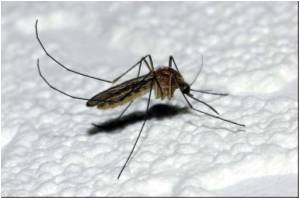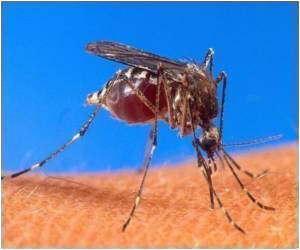Malaria is particularly deadly because the parasites that carry it battle other infections for survival, Edinburgh University scientists have claimed.

However, it means they have less resources left to spread the disease.
The scientists found the malaria parasites focus on producing cells that replicate quickly to cause infection, rather than cells capable of being taken up by a feeding mosquito and spreading the disease.
Since malaria infections usually consist of multiple, competing strains of the parasite, this attack strategy is the best way to beat the competition, the scientists said.
However, it means the parasites pay a high price, as they therefore have fewer resources left to spread the disease.
"We found that when parasites compete with each other, they respond with a sophisticated strategy to safeguard their long-term survival," the BBC quoted Laura Pollitt of Edinburgh University's school of biological sciences, as saying.
The research has been published in the American Naturalist.
 MEDINDIA
MEDINDIA




 Email
Email







